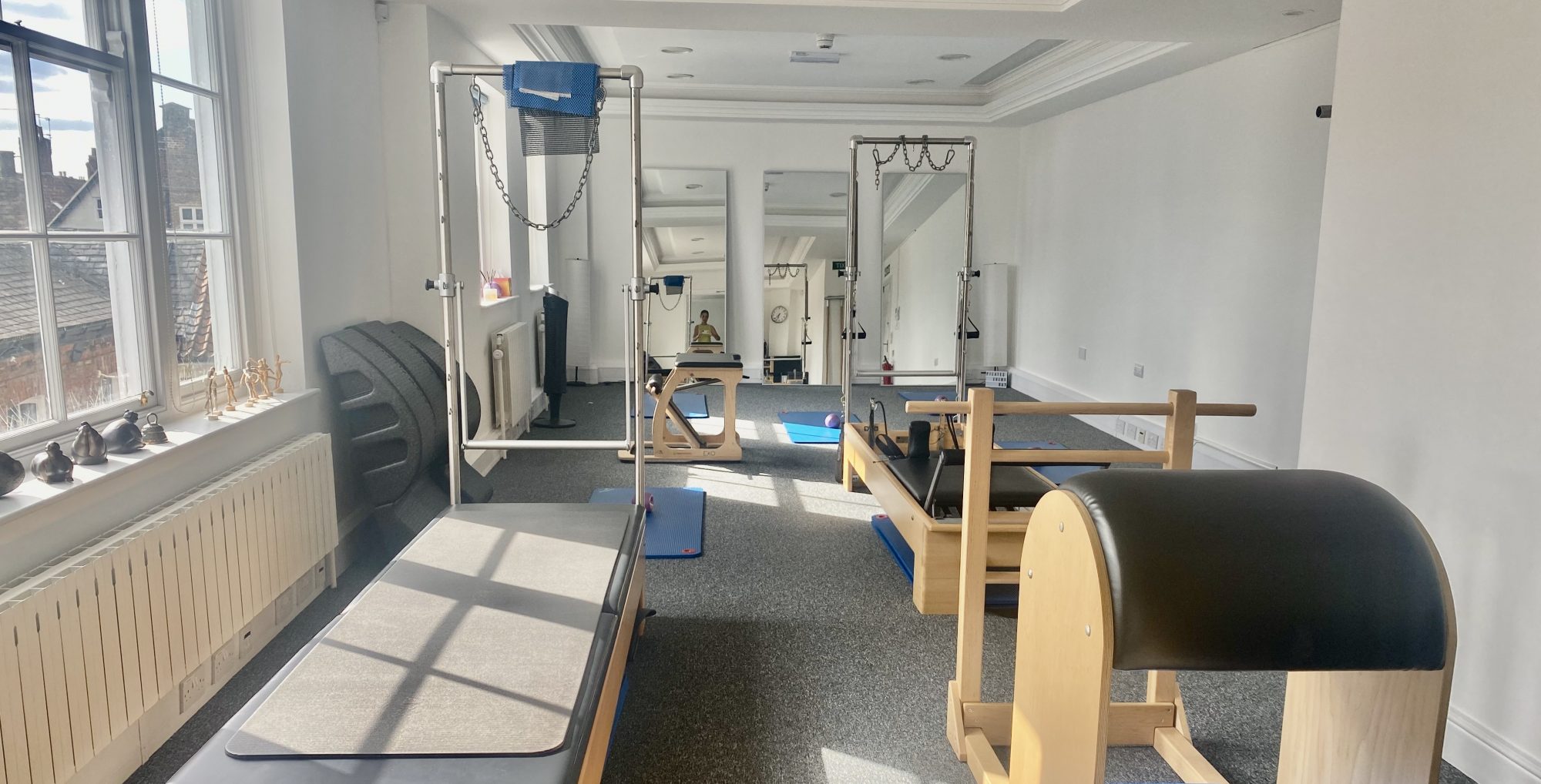Health, Beauty & Wellbeing
Body, Mind & Soul: Pregnant mums rush for Pilates

Patricia Issitt
Is there something in the water?
Since the beginning of this year, we’ve been inundated with pregnant mums at the Pilates Studio, all wanting to improve their fitness during pregnancy.
The answer to “should I exercise during pregnancy” is a most definite “yes!” so long as your midwife and GP don’t advise against it. There are some pregnancy conditions which require special care from a health professional.
The Royal College of Obstetricians and Gynaecologists state that there is no evidence of adverse pregnancy outcomes in women who exercise during their normal pregnancy
They also state the benefits of exercise; reduced fatigue; reduced swelling of hands and feet; less insomnia, stress and anxiety. Exercise helps you to avoid excessive weight gain and regulate blood sugar levels.
A pregnant body is special and very different to a non pregnant co- exerciser. If you choose to attend a class, your teacher should be knowledgeable about this.
Your body is creating more blood plasma. The volume of plasma starts to greatly increase before red blood cell production can catch up, leaving you feeling exhausted in the first few weeks.
Your hormone system releases Relaxin into the body creating laxity in the joints enabling the body to adapt to the growing foetus.
You will become more bendy but also more prone to joint injury. Your body is demanding more oxygen, and has more carbon dioxide and waste products to get rid of so you get out of breath and pee more! And as your baby grows, your posture changes, with a greater curve in the lower back.
The sacroiliac and pubic joints in the pelvis become softer, and more prone to aches and pains.
My main objective for my pregnant Pilates client is always to improve joint strength and stability which counteracts the over stretchy-ness that can cause ongoing problems.
The typical backache and carpal tunnel issues of pregnancy can be overcome by learning Pilates stability techniques. Of course we spend a lot of time exercising the pelvic floor muscles in preparation for labour and practising breathing techniques to help with relaxation.
During pregnancy, remember, stick to maintaining your fitness rather than pushing yourself to work harder. If you don’t normally exercise, start getting out for a brisk walk, 20 minutes a day. Because of changes in the body, some exercises are a no-no.
High impact jumping exercises, excessive weight bearing on the wrists such as full press-ups over stretching and holding stretch positions, excessive twisting of the torso will all contribute to joint damage. Lying on your back to exercise should be avoided after 16 weeks.
Fitness in pregnancy is all about preparing the body for the tough job of labour and, helping the body return to normality after the birth.
Don’t enter for a marathon, or even for that twisty-turny high impact dance class. Instead look for a specialist educator who adheres to RCOG guidelines and has a specific training in looking after pregnant mums. Your body will thank you for years to come.

 Body, Mind & Soul: Pregnant mums rush for Pilates (From York Press)
Body, Mind & Soul: Pregnant mums rush for Pilates (From York Press)